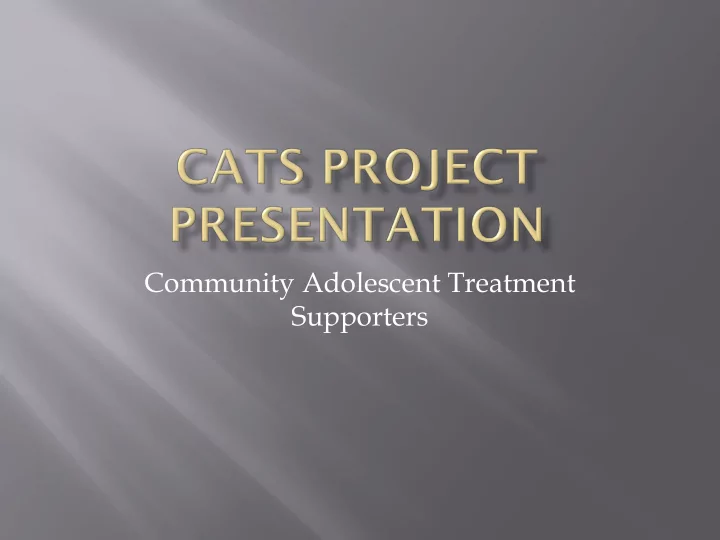

Community Adolescent Treatment Supporters
CATS are HIV Positive young people 18-27 years, who work between the health facilities and homes of children, adolescents and young people living with HIV (CAYPLHIV) with the goal of improving outcomes across the HIV care cascade. They are selected by the health facilities , trained, and certified by Africaid in collaboration with Dream village and the Ministry of Health/RBC. CATS are integrated within the health facilities from where they support a caseload of CAYPLHIV both in the community and clinic, under the supervision of the clinic staff. Additional mentorship and clinical supervision is provided by the Dream village Mentor and Rwanda and Rwanda Biomedical Centre/ Ministry of Health RBC. The CATS project is in 10 health centres, Kabuga, Remera, Kinyinya, Kagugu, Biryogo, Rwampara, Kicukiro , Coronum,Kabusunzu and Gikondo. The CATS projects is also being implemented in Tanzania, Ghana, Mozambique, Eswatini, Uganda and Zimbabwe where it was started by AFRICAID.
CATS work with children, adolescents and young people (0-27 years) in need of HIV services Start ART treatment with understanding and confidence • Take their medication • Start monthly support groups to bring young people together . • Making sure they have the information and skills they need to make • decisions which keep them healthy and safe Getting to know, understand and accept their HIV status • Get the services they need- Family planning • Attend clinic adolescent days and support group • Feel cared for, understood, valued, supported, have purpose • identifying skills to keep themselves well and get supported • CATS also link those testing HIV negative to HIV prevention services so • that they may be helped to remain HIV negative Send sms/phone call to follow up on viral load test/schedule • Do home visits as well as following up on defaulters • They as well do linkage to services in form of index testing. •
All the health centres have functional support groups. Retention of young people in the health services. Viral suppression improving. Engagement of young people in their care at facilities Confidence in the young people about their lives and status Disclosure improved Psychosocial activities identified and supported.
One basis one: when young people are supported, mentored and guided, there are the best examples for advancement in any aspect in life not only in health.
Recommend
More recommend